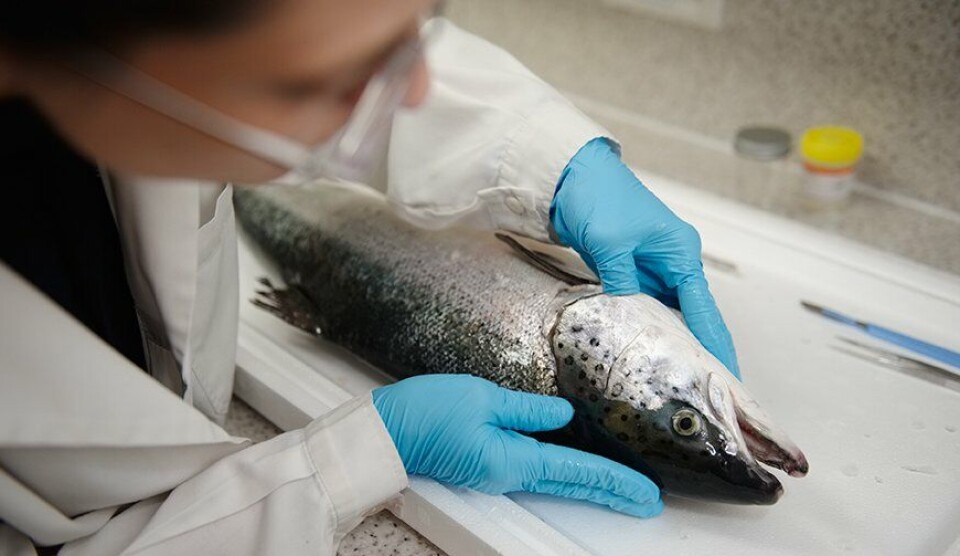
Opinion: Why the health of all species should matter
Heather Jones, CEO of the Scottish Aquaculture Innovation Centre (SAIC), makes the case for a more interlinked approach to human and animal health.
The Covid-19 pandemic has brought words into everyday use that were once on the fringes of our common vocabulary - coronavirus and furlough are, perhaps, the most obvious examples.
At the end of this list, if it was arranged alphabetically, we might find the word ‘zoonotic’, often used in relation to the origins of the disease itself.
Zoonotic, or zoonosis, describes a disease that can be transmitted from animals to humans. The term was attached to Covid-19 because it is believed the disease is closely related to types of coronavirus that infect bats or pangolins.
It works both ways, however. A number of human pathogens affect multiple species and are considered to be ‘reverse zoonoses’, according to academic studies.
Wellbeing

The experience of the past few months has underlined the degree to which the health and wellbeing of all species on this planet we inhabit – humans included – are becoming increasingly interlinked. Arguably, we are currently living through the clearest evidence of that fact.
Growing connections between the health of all species were underlined a few years ago with the launch of the World Health Organisation’s (WHO) ‘One Health’ initiative, an approach to policy, research and other areas where multiple sectors communicate and work with one another to achieve better health outcomes. Highlighted areas included food safety; antibiotic resistance; and, appositely, zoonoses.
Global demand for protein remains on the rise and, in a time of international, multi-tiered supply chains, and all the complexities they bring, this kind of collaborative initiative has never been more important.
Investment
Add to that the increasing diversity of ingredients in, and processing of, many modern foods and the need for continued investment in and commitment to the health of animal species becomes even more imperative.
To take the example of aquaculture, while salmon makes up the majority of the sector in Scotland, there are around 600 species of seafood that are or could be farmed in different parts of the world, from tilapia in Egypt and warm water prawns in Vietnam, to mussels in Shetland.
This inevitably leads to a degree of complexity in food and supply chains, as well as the need to understand these seafood sources.
While it is a relatively nascent area of research, our collective understanding of, and ability to enhance, the health of fish is growing through dozens of projects that are underway across Scotland.
Many of these have been inspired by the lessons learned from studies into the management and improvement of the wellbeing of humans and other animal species.
Impact
Among them, researchers are exploring the impact of new feeds and health treatments on salmon gut microbes using an artificial gut, which means there is no harm to the fish.
In another initiative, a new spin-out company has been formed to develop technology that will define what a normal, healthy fish’s blood cell and enzyme readings look like – crucial data that has, until now, been difficult to determine.
As these examples illustrate, we can apply much of our knowledge about, and the techniques used for, human health to care for animals.
Understanding pathology in one species can help others and, one day, we could find that breakthroughs in animal health can be applied to people.
It is up to us all to work together to protect the health and wellbeing of humans and animals alike.























































